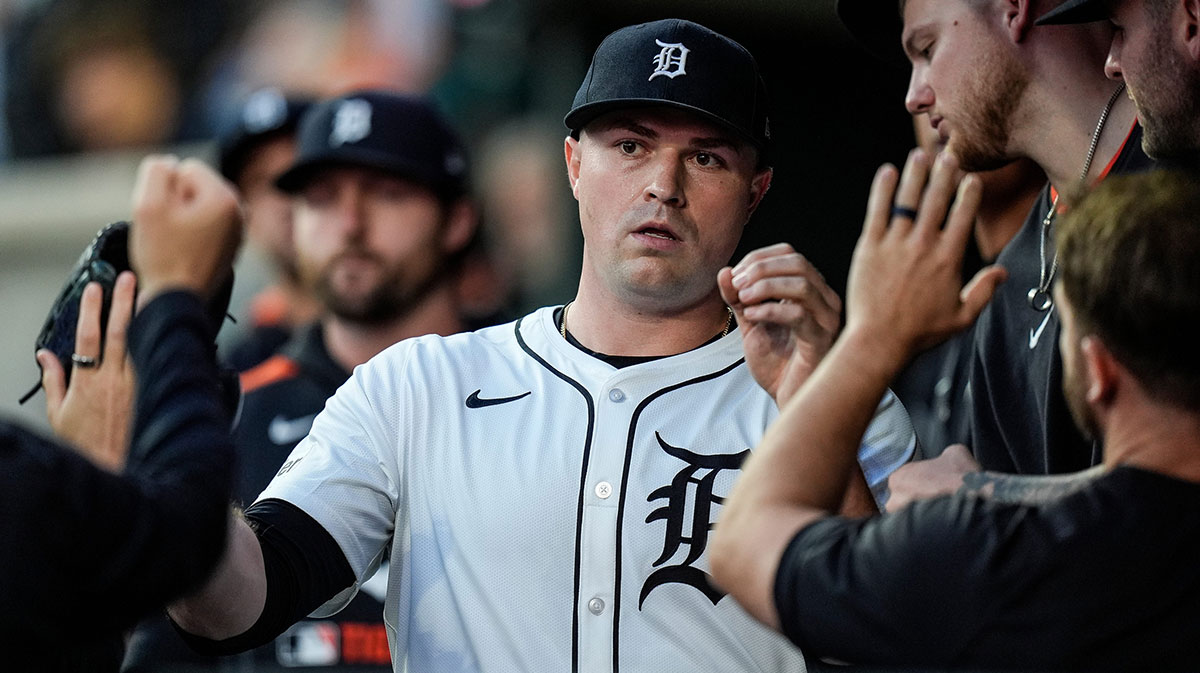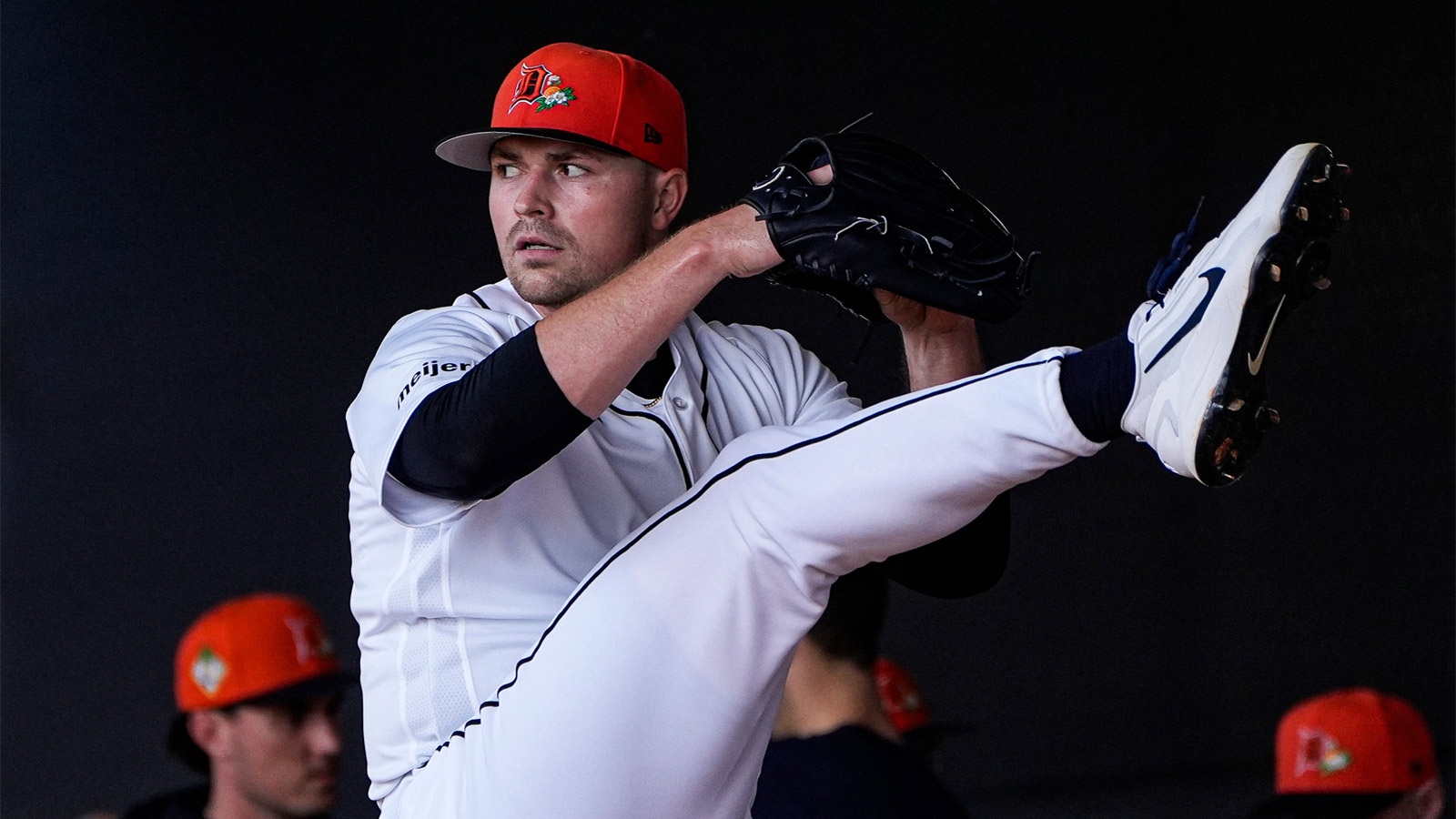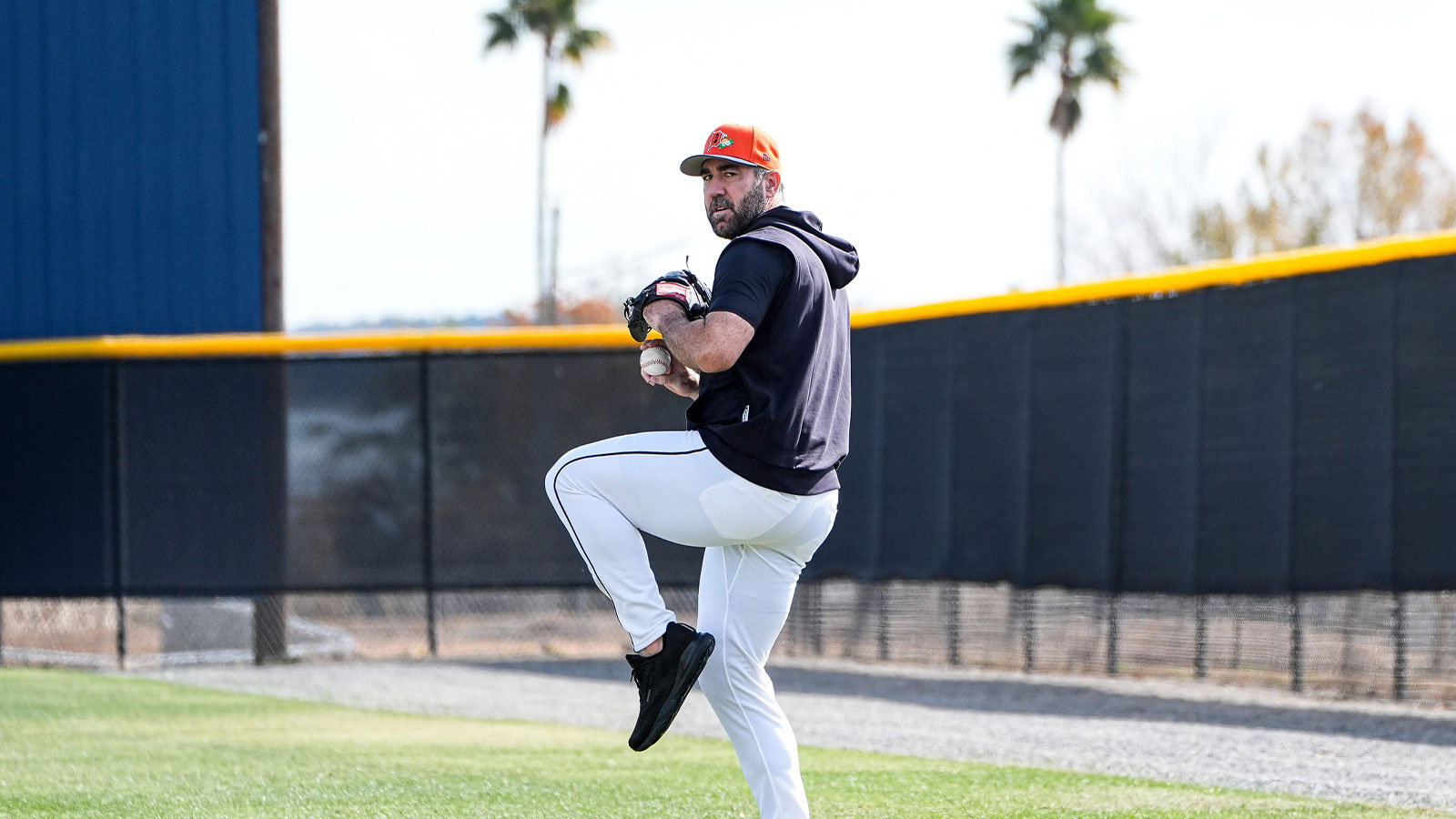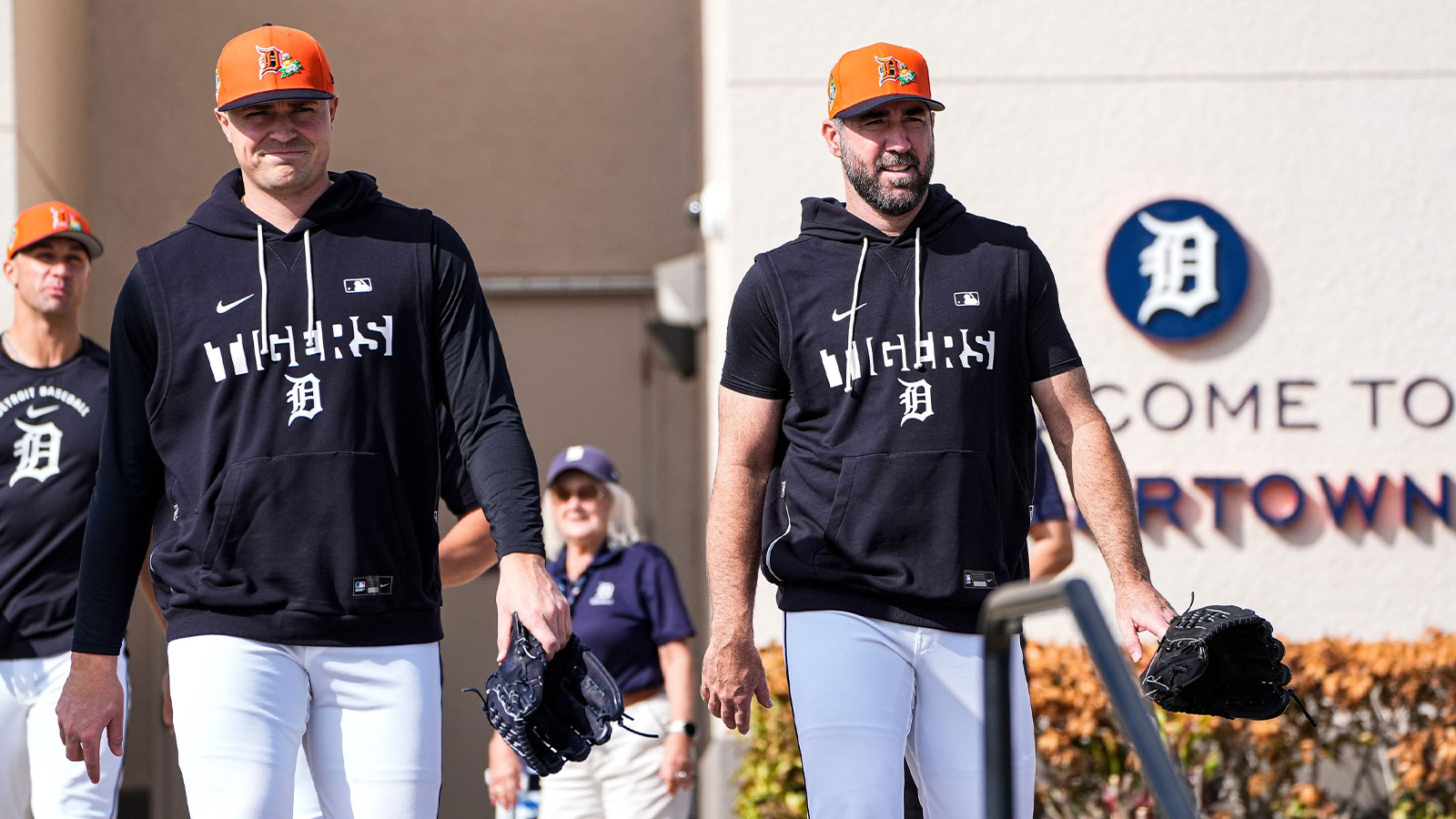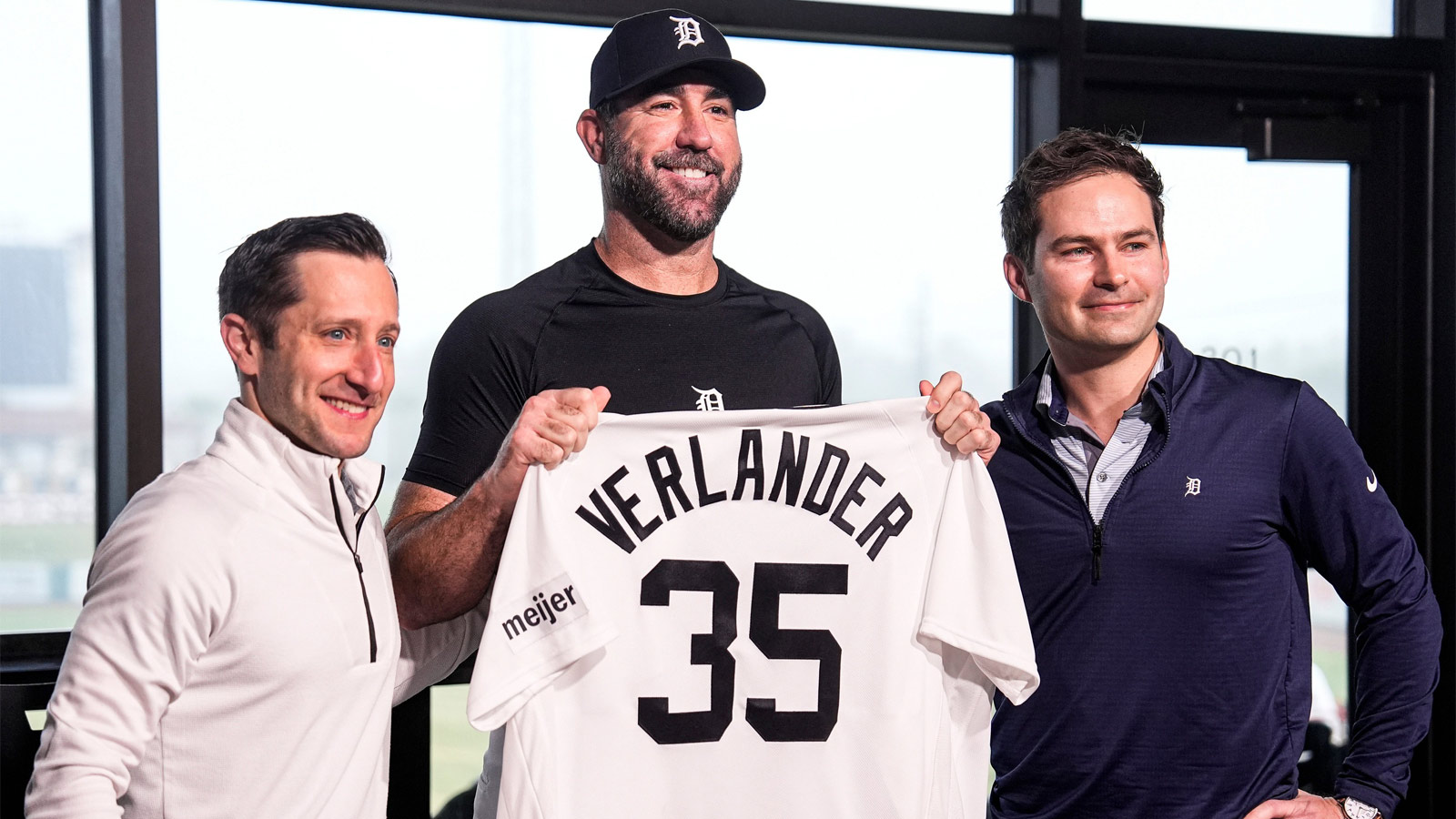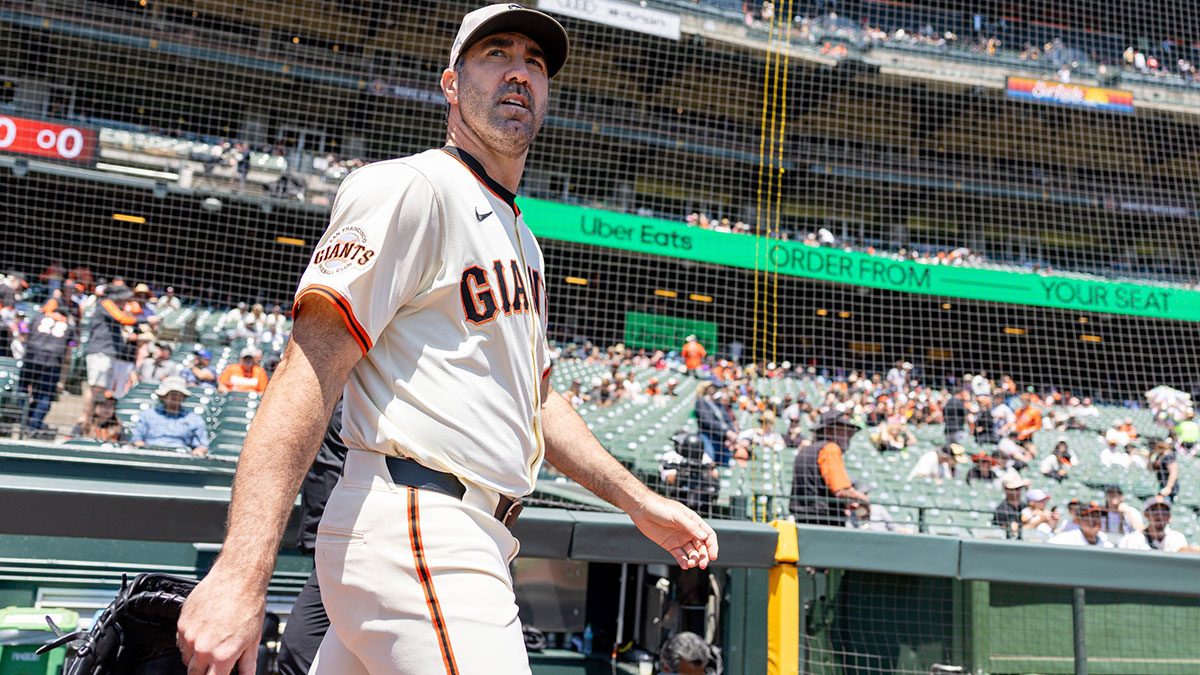The Detroit Tigers approach the MLB trade deadline as obvious sellers. Having last made the postseason in 2014, the Tigers are in a familiar position this July. Selling certain players, particularly ones on expiring contracts, is the clear and easy option. Yet the organization’s future success will hinge as much on what they get in return for deadline deals as on the players they choose to keep and build around.
The Tigers are now eight games under .500 and 15 games behind the AL Central-leading Cleveland Guardians. Having lost 10 of their last 14 games, the Tigers have essentially dropped out of the AL Wild Card picture, trailing a postseason spot by eight games.
No one should be surprised by the Tigers' position halfway through the campaign. The team has managed exactly one winning season since taking the division 10 years ago (before promptly being swept in the 2014 ALDS). Since then, they're tied with the Los Angeles Angels for the longest postseason drought in baseball.
Despite all the losing and the fact that they’re one of the worst offensive clubs in the majors, the Tigers actually have some valuable pieces to offer at the deadline.
Starter Jack Flaherty has returned to form and is enjoying an excellent bounce-back season in Detroit. Flaherty has posted an ERA of 3.24 with 115 strikeouts in 80 innings. That’s good for an 11.6 K/9 and an ERA+ of 129.
However, Flaherty, 28, is on an expiring contract. After making $14 million this season, he becomes a free agent in 2025. Knowing the market will be rife with buyers interested in acquiring a quality starter – even if only for a postseason push – the Tigers will likely move Flaherty at the deadline rather than risk having him sign a big-money contract with a contender once his deal expires. Better to have something to show for the player than absolutely nothing.
And Flaherty could fetch a nice package of prospects at the MLB trade deadline. His value has only increased following the Miami Marlins’ Jesús Luzardo’s injury that’s likely to tank any hopes of moving him for a host of minor-league talent at the deadline.
Yet Flaherty isn’t the best pitcher the Tigers could offer up on July 30. Despite suffering through such a miserable summer, the team actually has solid pitching. And Tarik Skubal has been the best of the bunch.
The 27-year-old is putting together a career season on the floundering club. Skubal has an excellent 2.32 ERA and 112 strikeouts through 97 innings pitched. He’s put up a K/9 of 10.4, the second-best mark of his young career, and an ERA+ of 180, which is by far the best he’s done to date. He’s even managed a 9-3 record on a very bad team (yes, starting pitchers’ win-loss records aren’t good indicators of their talents but it bears mentioning considering the Tigers’ are just 38-46).
The Tigers should sell and hold at the trade deadline
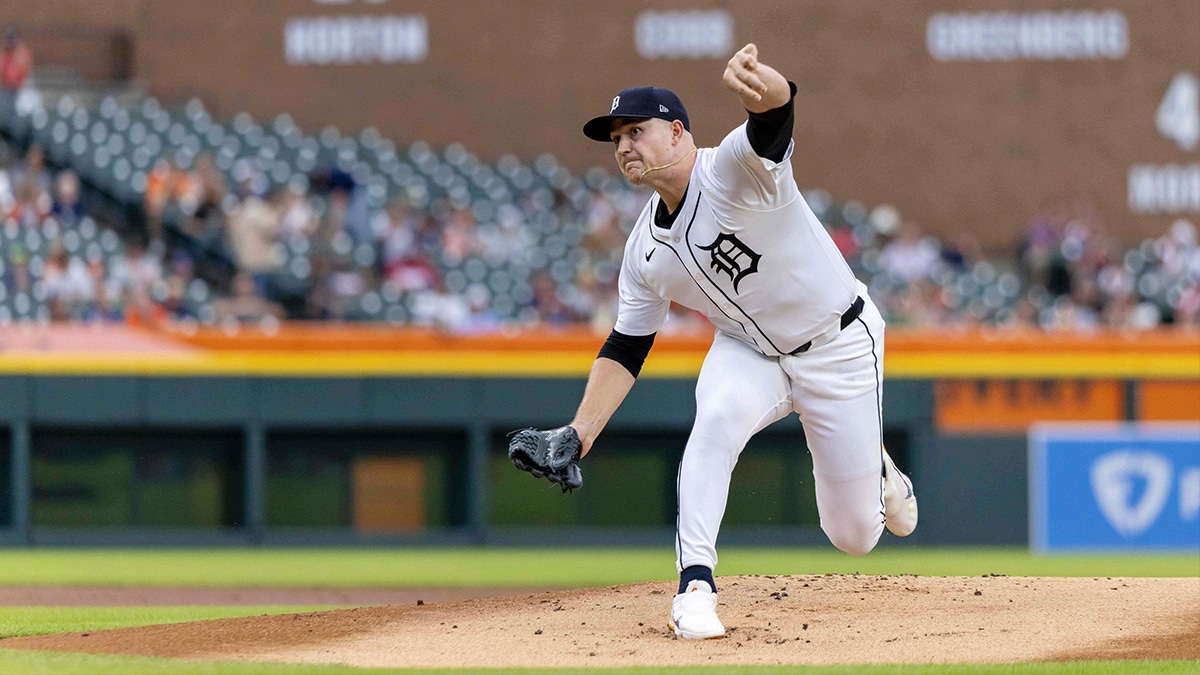
Making Skubal all the more attractive, he’s earning just $2.65 million this year and is under club control until 2027. The Tigers could dangle him in various trade scenarios hoping for a king’s ransom in return. However, it would probably be best to hold on to the hot young pitcher.
Sure the team wants to move enticing players and add talent to the farm system but if the hope is to eventually rebuild into a contender, Skubal can help Detroit do just that. Unless a team makes an offer the Tigers truly can’t refuse, they’d be wise to retain the young lefty and make him the centerpiece of future rotations.
After all, the Tigers payroll sits at just under $106.5 million, which is the eighth lowest in MLB. Not great for the production they’ve received but certainly not an area of immediate concern. And that number is likely to come down after the trade deadline. So Detroit doesn’t need to enter fire sale mode from a financial perspective.
On the offensive side, the Tigers have some pieces they’d be more than happy to ship off at the deadline. Mark Canha is a veteran bat who, despite having a down year in 2024, could be a welcome addition to a team in need. His ability to play the outfield and first base adds to his attractiveness.
Canha, 35, is making $11.5 million this season and will hit free agency in 2025, so he would be a second-half rental. But, like Flaherty, the Tigers figure to try to get something in return for his services before letting him walk after this season.
Teams looking for catching help could do much worse than Carsen Kelly. He’s managed a respectable OPS+ of 100 while playing very solid defense at a demanding position. The 29-year-old backstop is making just $3.5 million this season and hits free agency in 2025.
Center fielder Riley Greene is likely to draw a great deal of interest from clubs as the 23-year-old has been something of a revelation in 2024. Greene has smacked 15 home runs and 16 doubles while putting up a very solid .831 OPS and an OPS+ of 132. Best of all, he is making peanuts this year with a salary of $766.3K. He’s also under club control until the 2029(!) season.
A player like Greene will no doubt be attractive to suitors at the deadline. But he should ultimately be too attractive for the Tigers to part with him. After all, what kind of team are you planning on putting together in Detroit that wouldn’t have a spot for Greene – a young, talented, modestly priced potential future star?
Like Skubal, Greene has to be a hold at the trade deadline. These are players you can build around as you collect prospects that you pray will pan out in exchange for guys on expiring contracts.
Gio Urshela is unlikely to turn too many heads in the trade market. But the versatile infielder is dirt cheap at $1.5 million this season and becomes a free agent next year. Perhaps a team looking for depth might bite.
Ultimately, the Tigers need to be sellers at the trade deadline and it’s the right decision to move some valuable pieces before letting them walk in the offseason for no compensation. But Detroit should resist entering a full sale mode like their division rivals, the moribund Chicago White Sox.
Selling pieces like Flaherty, Canha, Kelly, and Urshela (if they can) for prospects to replenish the farm system makes all the sense in the world. But so does holding on to foundational pieces like Skubal and Greene. The right mix of selling and holding could hasten the Tigers' return to relevance. Perhaps soon ending baseball’s longest postseason drought.









